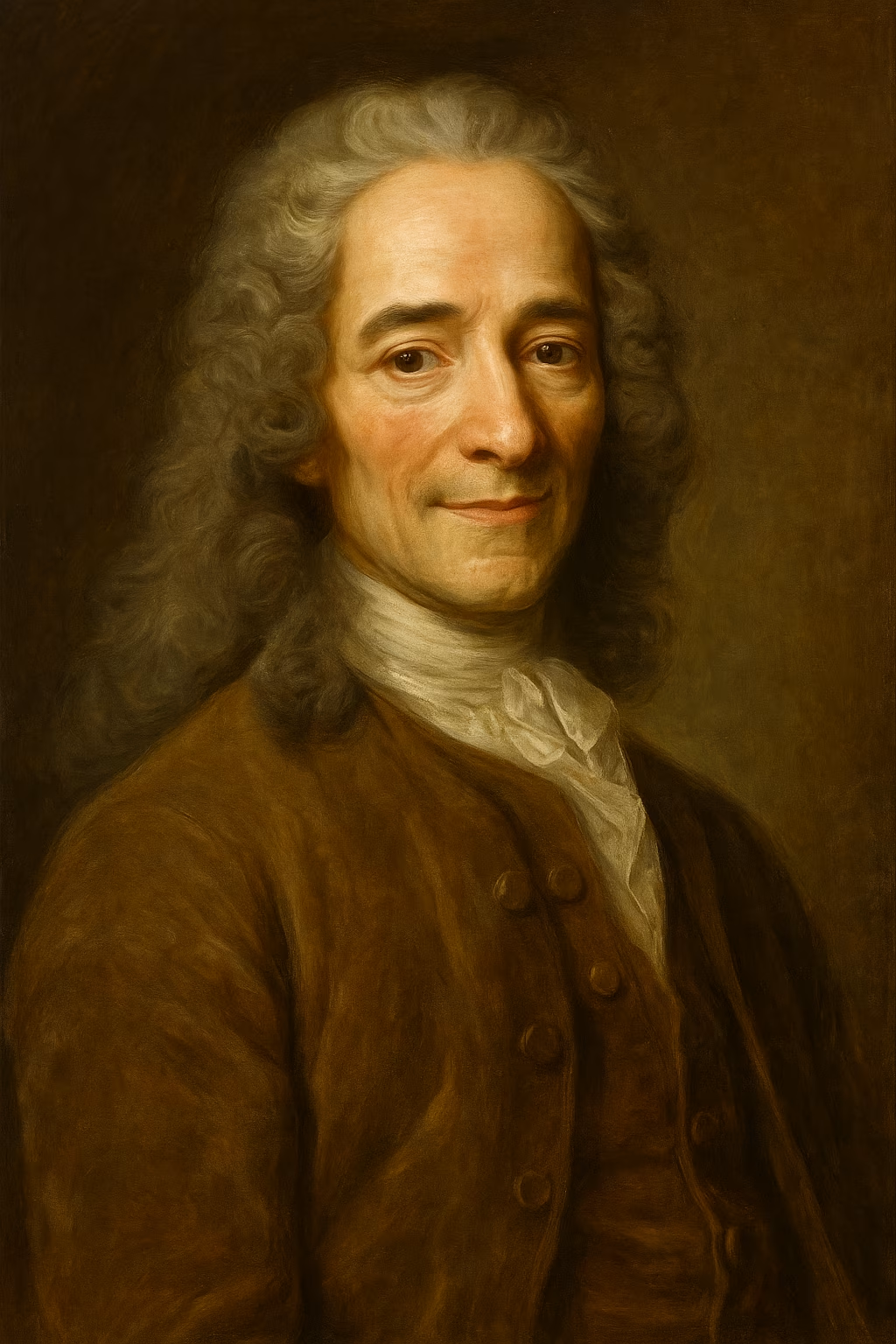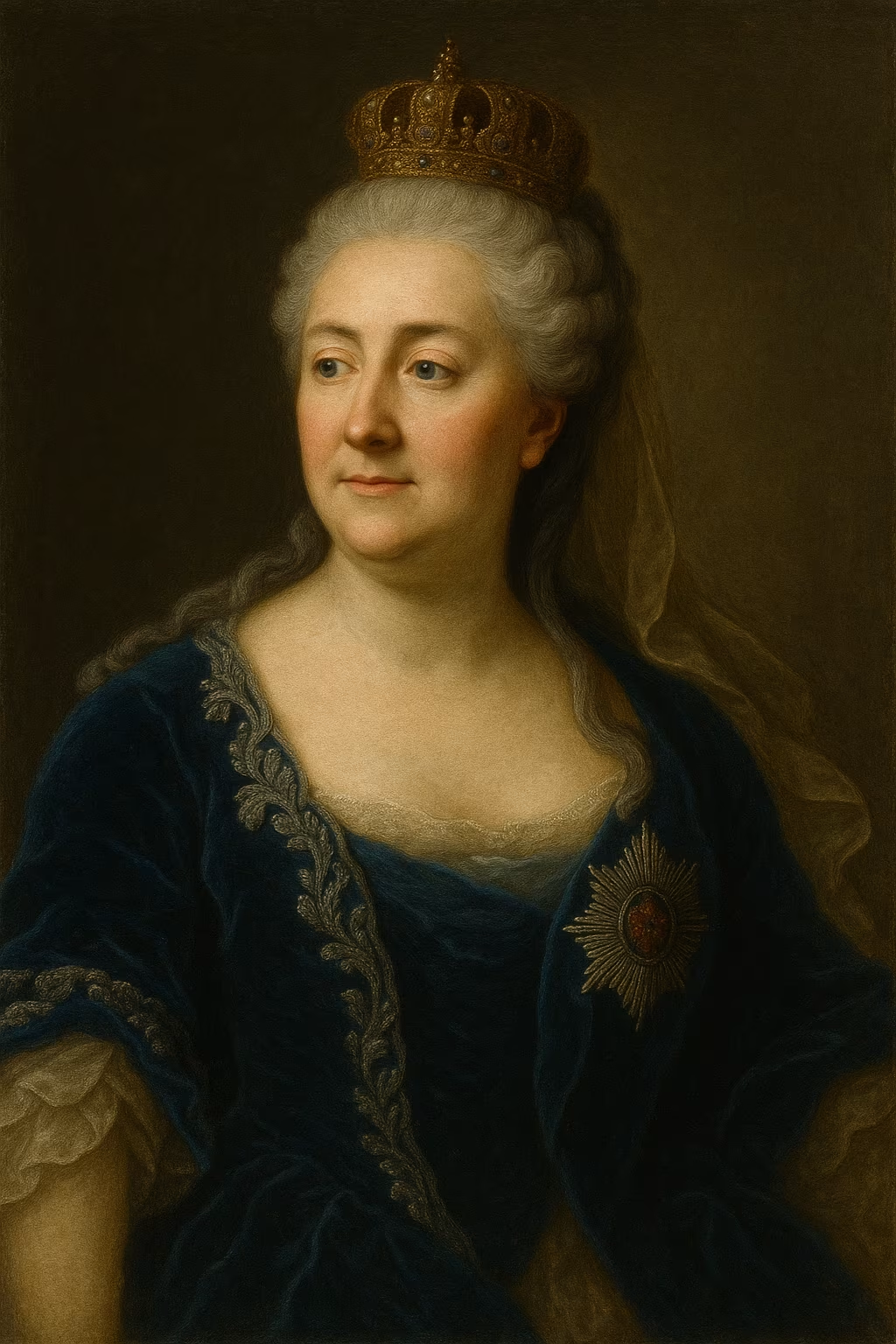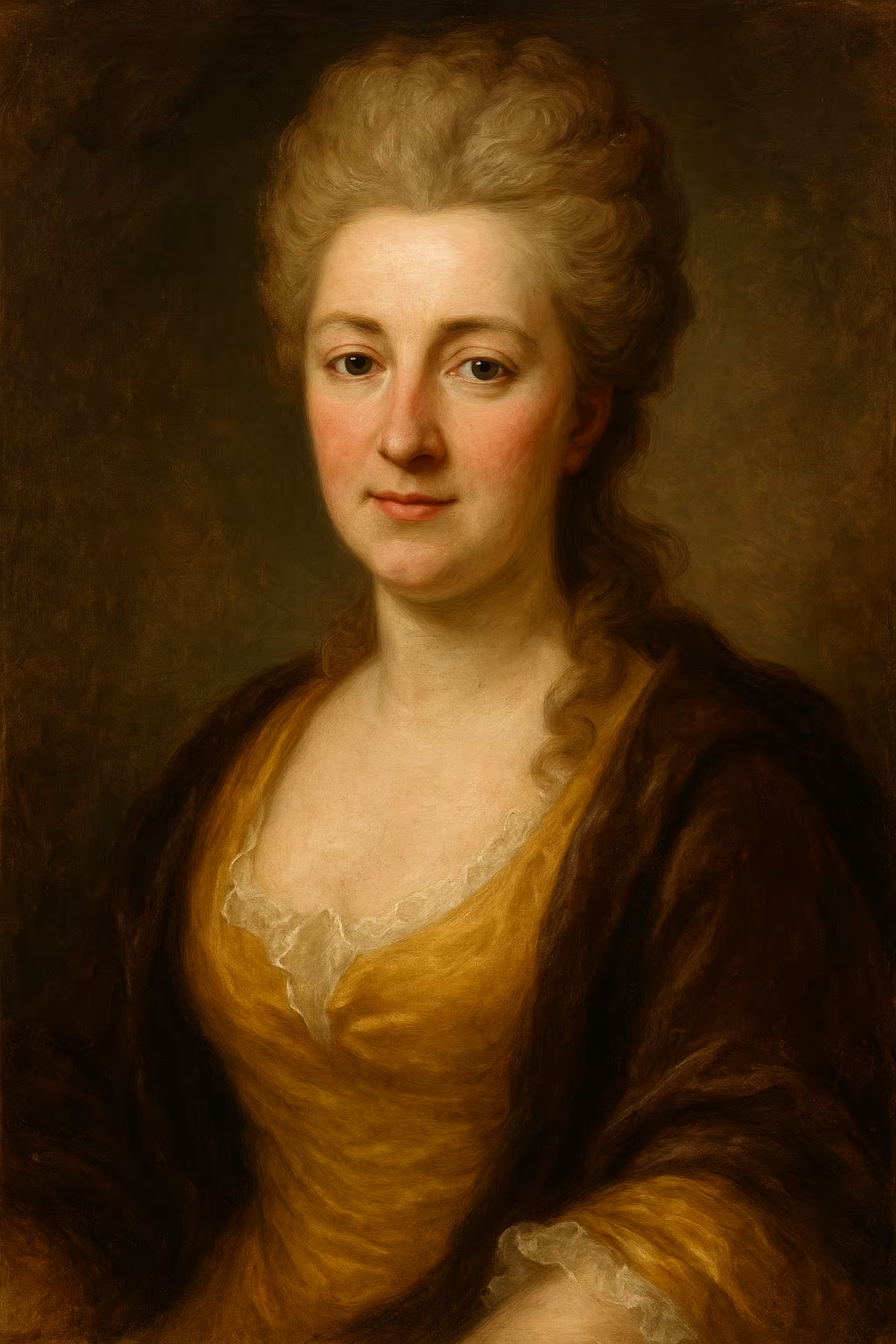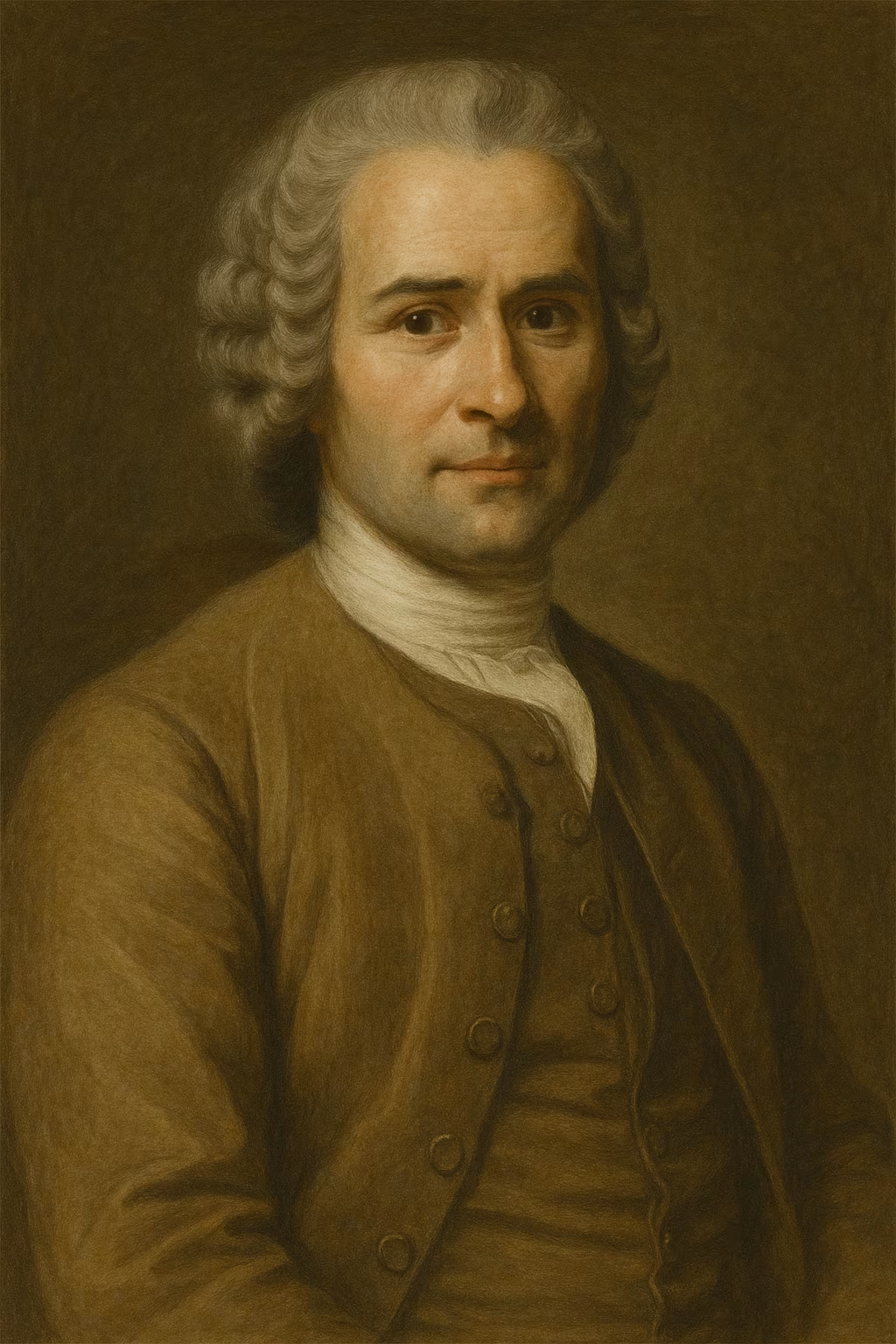Voltaire (21 November 1694 – 30 May 1778)
Quick Summary
Voltaire (21 November 1694 – 30 May 1778) was a writer and major figure in history. Born in Paris, Kingdom of France, Voltaire left a lasting impact through Popularized Newtonian physics through the Letters Concerning the English Nation and Elements of Newton's Philosophy.

Birth
November 21, 1694 Paris, Kingdom of France
Death
May 30, 1778 Paris, Kingdom of France
Nationality
French
Occupations
Complete Biography
Origins And Childhood
Born in Paris to a bourgeois family of royal notaries, François-Marie Arouet was educated at the Jesuit Collège Louis-le-Grand, where he absorbed Latin letters, theatrical flair, and quick wit. His mother died during his adolescence, and his father pushed him toward law, yet he chose the literary salons. Imprisoned in the Bastille in 1717 for satirical verses, he emerged with the pen name 'Voltaire' and a sharpened belief in the power of ridicule to unsettle authority. Early tragedies and epic poems secured him access to the Comédie-Française and financial independence, even as police surveillance shadowed his steps. Youthful years included collaborations with libertine circles, experiments in drama, and engagement with financiers who supported his writing. By the early 1720s, Voltaire had crafted a persona that combined entrepreneurial savvy with audacious criticism.
Historical Context
Voltaire lived through the Regency and the reign of Louis XV, when absolute monarchy coexisted with growing bourgeois aspirations for civic liberty. The Revocation of the Edict of Nantes had expelled Protestants, leaving a legacy of confessional tension policed by state censorship. Meanwhile, Britain showcased constitutional monarchy, burgeoning print culture, and Newtonian science. Across Europe, Enlightenment thinkers such as Montesquieu and Diderot questioned inherited authority, advancing empirical reason and comparative history. Wars of succession reshaped alliances, and philosophers relied on patrons, clandestine presses, and international correspondence to circulate forbidden ideas.
Public Ministry
Voltaire's public career began with theatrical triumphs and epic poetry that won pensions from the court. Exile in England (1726–1729) after the Rohan affair introduced him to parliamentary debate, relative religious toleration, and Newtonian science. His Letters Concerning the English Nation, praising British institutions, were condemned and publicly burned in Paris. Taking refuge in Lorraine with Émilie du Châtelet, he pursued scientific experiments, translated Newton, and refined his historical method. At Cirey and later at Potsdam with Frederick II of Prussia, Voltaire balanced royal favor with biting wit, leading to both honors and disputes. Settling permanently in Ferney in 1758, he turned his estate into a productive Enlightenment hub, orchestrating the clandestine distribution of his plays, essays, and pamphlets across Europe.
Teachings And Message
Voltaire championed tolerance, freedom of conscience, and the rule of reason over superstition. His motto 'Écrasez l'infâme' targeted fanaticism and judicial cruelty. He embraced a rational deism: a clockmaker God created the universe, but human justice and moderation must govern societies. Through limpid prose and sharp irony, he reached broad audiences. Philosophical tales like Candide and Zadig exposed naive optimism, colonial abuses, and religious persecution. Articles in the Philosophical Dictionary distilled contemporary knowledge while encouraging methodological doubt. Voltaire advocated gradual reform via education, commerce, and enlightened elites rather than violent upheaval.
Activity In Galilee
Voltaire's sphere of action shifted from Parisian salons to rural laboratories at Cirey and Ferney. With Émilie du Châtelet, he built a scientific workshop and expansive library, conducting experiments in physics and metaphysics. In Ferney he developed workshops for watchmaking and silk, schools for local children, and housing for Huguenot refugees, fusing philanthropy with economic modernization. His estate hosted philosophers, artists, and diplomats; readings, strategy meetings, and legal briefings filled the salons. By coordinating printers in Geneva and booksellers in Amsterdam through an enormous correspondence, he disseminated Enlightenment texts across the continent.
Journey To Jerusalem
Conflict accompanied Voltaire's rise. The Sorbonne and Jesuit critics condemned his tragedies and essays; repeated police inquiries forced him to move between safe havens. Relations with Frederick II deteriorated over satires and finances, leading to a dramatic departure from Berlin. His interventions in the Calas, Sirven, La Barre, and Lally cases sparked national controversies that pitted him against magistrates and clerics. When he returned to Paris in 1778 for the premiere of Irène, he was celebrated by the Académie française yet denied church burial rites. Posthumous disputes over his remains and continued seizures of his works illustrated the enduring tension between his legacy and ancien régime authorities. The French Revolution later enshrined him in the Panthéon, sealing his symbolic victory.
Sources And Attestations
Scholars rely on the vast corpus of Voltaire's writings, police archives, and his nearly 15,000 letters exchanged with figures such as Émilie du Châtelet, Frederick II, Catherine II, and d'Alembert. Performance records from the Comédie-Française track his theatrical successes, while judicial files document the Calas affair. Critical editions from the Voltaire Foundation and studies by Gustave Lanson, René Pomeau, and Nicholas Cronk provide authoritative apparatus. Contemporary memoirs and Jesuit critiques offer contrasting perspectives that illuminate clandestine publishing networks and the construction of his public persona.
Historical Interpretations
Nineteenth-century historians alternated between portraying Voltaire as a revolutionary precursor or a pragmatic reformer. Michelet and Quinet highlighted his role in secular liberation; Hippolyte Taine emphasized literary innovation. In the twentieth century, René Pomeau reconstructed his chronology, revealing consistency in his pursuit of justice. Recent scholarship examines his entanglement with commerce, colonial ventures, and debates on slavery, presenting a more complex Enlightenment figure. Researchers analyze his religious thought between deism and skepticism, his approach to global history, and his mastery of publicity and correspondence as early tools of political communication.
Legacy
Voltaire's legacy endures in campaigns for civil rights, critiques of fanaticism, and defenses of press freedom. His legal interventions prefigured the activism of nineteenth-century intellectuals such as Victor Hugo and Émile Zola. Enlightenment ideals drawn from his writings informed liberal constitutions and revolutionary discourse on tolerance. Statues, schools, and cultural institutions bear his name; Candide remains a staple of curricula worldwide. Translations keep his voice central to contemporary debates on secularism, satire, and the social responsibility of writers, preserving him as a global emblem of Enlightenment reason.
Achievements and Legacy
Major Achievements
- Popularized Newtonian physics through the Letters Concerning the English Nation and Elements of Newton's Philosophy
- Championed religious toleration in the Calas, Sirven, and La Barre cases
- Developed Ferney into a prosperous Enlightenment community
- Circulated Enlightenment ideas internationally via thousands of letters
Historical Legacy
Voltaire stands as a global emblem of Enlightenment critique, advocating tolerance, justice, and the freedom to write. His influence shaped the French Revolution, liberal movements across Europe, and ongoing debates about secularism and satire.
Detailed Timeline
Major Events
Birth
Born François-Marie Arouet in Paris to a royal notary family
First Bastille
Imprisoned for satirical verses and adopts the pen name Voltaire
English exile
Following the Rohan dispute he discovers British constitutionalism and Newton
Philosophical Letters
Book condemned and burned, highlighting his fight against censorship
Settlement in Ferney
Transforms his estate into an intellectual and industrial hub
Calas affair
Mobilizes European opinion to rehabilitate Jean Calas
Return to Paris
Celebrated at the Comédie-Française for Irène and dies shortly afterward
Geographic Timeline
Famous Quotes
"We must cultivate our garden."
"Those who can make you believe absurdities can make you commit atrocities."
"Common sense is not so common."
External Links
Frequently Asked Questions
When was Voltaire born and when did he die?
He was born on 21 November 1694 in Paris and died there on 30 May 1778 after a celebrated return to the capital.
Why was Voltaire imprisoned in the Bastille?
Satirical verses against Regent Philippe d'Orléans led to his 1717 arrest, and a 1726 altercation with the Chevalier de Rohan triggered a second imprisonment before exile to England.
What are Voltaire's major works?
Key titles include Candide, Zadig, Letters Concerning the English Nation, Treatise on Tolerance, and the Philosophical Dictionary.
What was Voltaire's role in the Calas affair?
He led a high-profile campaign to overturn the 1762 execution of the Protestant merchant Jean Calas, exposing judicial fanaticism.
How did Voltaire spread Enlightenment ideas?
Through plays, historical essays, an extensive international correspondence, and strategic interventions in legal controversies, he promoted tolerance, liberty, and modern science.
Sources and Bibliography
Primary Sources
- Voltaire, Lettres philosophiques
- Voltaire, Traité sur la tolérance
- Correspondance de Voltaire
Secondary Sources
- René Pomeau — Voltaire en son temps ISBN: 9782020145675
- Gustave Lanson — Voltaire
- Nicholas Cronk (dir.) — The Cambridge Companion to Voltaire ISBN: 9780521849722
- Voltaire Foundation — Œuvres complètes de Voltaire
External References
See Also
Related Figures
Specialized Sites
Batailles de France
Discover battles related to this figure
Dynasties Legacy
Coming soonExplore royal and noble lineages
Timeline France
Coming soonVisualize events on the chronological timeline


